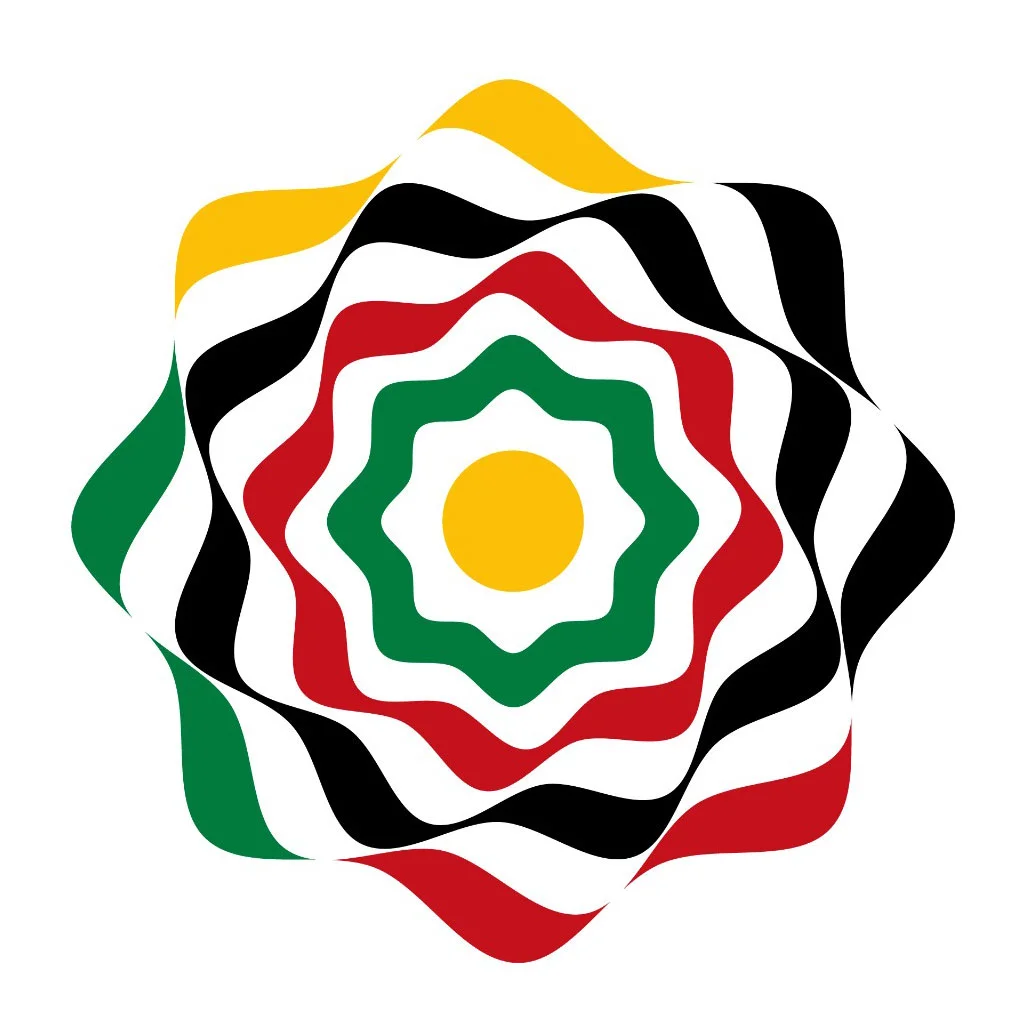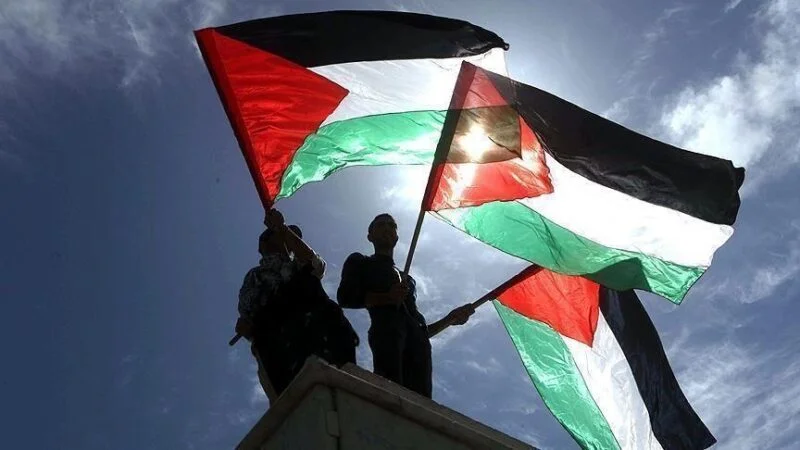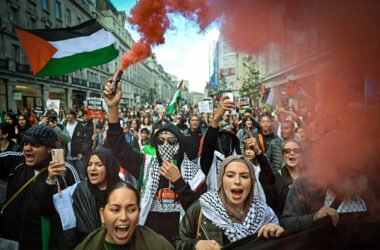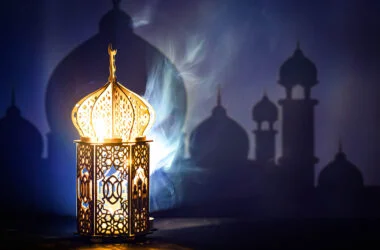Hamas, officially known as the Islamic Resistance Movement, has been a major and controversial actor in the Israeli-Palestinian ongoing conflict. Its origins go back to 1987 at the start of the first Palestinian uprising, or intifada, when Palestinians confronted Israel’s occupation. Ever since then, Hamas has had one extremely violent agenda aimed to fight for the liberation of Palestine. Hamas’ army are known as the Al-Qassam Brigades since 1991, and Mohammed Deif is their commanding leader; from 2007 on, these brigades have taken control of the Gaza strip. It is of vital importance to point out that Hamas does not act on behalf of the Palestinian people; additionally, this military wing does not belong to the Palestinian government in any way, shape, or form. Hamas is one of the multiple political-military organizations in the Palestinian territory.
On the other hand, the Al-Fatah is a political and military organization which origins date back to 1959, founded by members of the Palestinian activist diaspora; among its founders was Yasser Arafat. And although at first, they opposed Israel by armed methods, over time, they opted for diplomacy in the 1980s, resulting in the famous Oslo Accords and the proposal of a peaceful resolution establishing the two-state solution, an approach that Hamas refused to accept.
This internal struggle has had devastating consequences for the Palestinian people thus aggravating the political division, and undermining Palestine’s rights for self-determination. Over the years, Hamas has consolidated its control over the Gaza Strip, while Al-Fatah remains present in the Cisjordan (West Bank) region, leading to an increasing geographic and political divide between the two territories.
The rivalry between Hamas and Al-Fatah is not due to ideological differences only since it is deeply rooted in a struggle for leadership and power. Both factions seek to maintain control over the territories’ resources and in obtaining popular support. Yousef Munayyer, head of the Palestine/Israel program at the Arab Center Washington D.C. (ACW for its acronym in English) points out that “They have different worldviews, ideologies, and constituencies (…) Both oppose the Israeli occupation of the Palestinian territories, but they both have different beliefs. (…) Fundamental differences are irreconcilable.” The expert recognizes that the Oslo Accords were what marked “one of the points of no return.”
Palestine’s position in the conflict has weakened due to the lack of a unified leadership and a coherent strategy, deteriorating their hopes for self-determination, and generating discontent among its population. The galloping uncertainty about the future of the relationship between the Palestinian Authority and Hamas leadership raises crucial questions on the path forward in seeking a reasonable and lasting solution to the conflict.
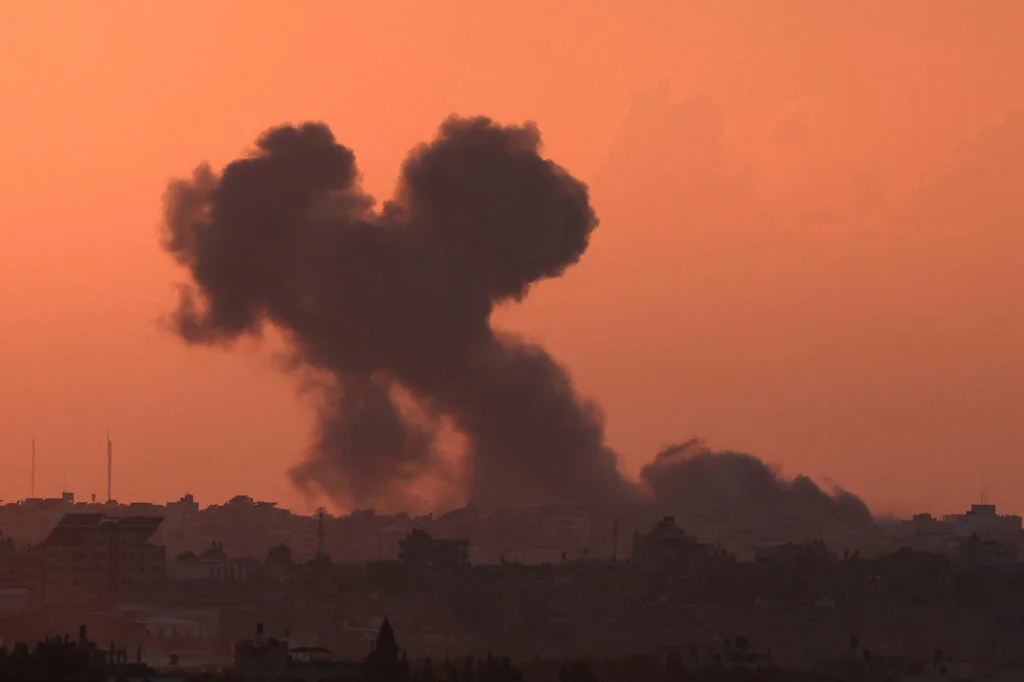
A group of spectators suggest that Israel stands to benefit from the political conflict that exists between Hamas and Al-Fatah, and that Israel even encourages this rift since it “weakens the enemy.” Meanwhile, the state of Israel continues to commit war crimes, mostly affecting children. After Hamas attacks, Israel has cut off electricity, water, and food supplies to the Gaza Strip. The Israeli forces have destroyed at least 70 Palestinian neighborhoods and have wiped out entire families during the last nine days of armed conflict.
The situation is complicated and the question about who really represents the Palestinians remains unanswered. In the meantime, we are witnessing a war in social media and other media outlets are spreading misinformation… all the while, Palestinians are slaughtered before the eyes of the world.
